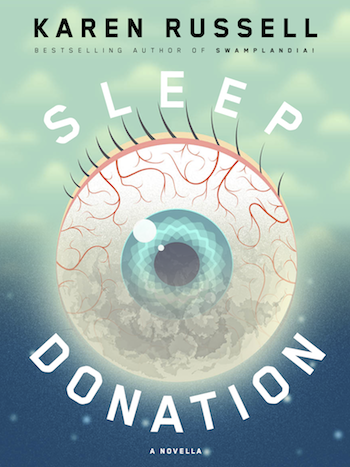David Wolman is the author of six books and a magazine features writer who has written for Wired, Outside, and The New York Times. His latest article is ”Vanished in the Pacific.”
“I feel like conversations about characters, character development, strong characters gets a little nauseating in my field sometimes because it’s like, of course — you need that like you need periods at the ends of sentences. Do we really have to keep saying it? But in this conversation it’s worth saying, because there are great ideas out there where the sources or the characters just really weren't there and then you’re tucking your tail in between your legs to look for the next one.”













